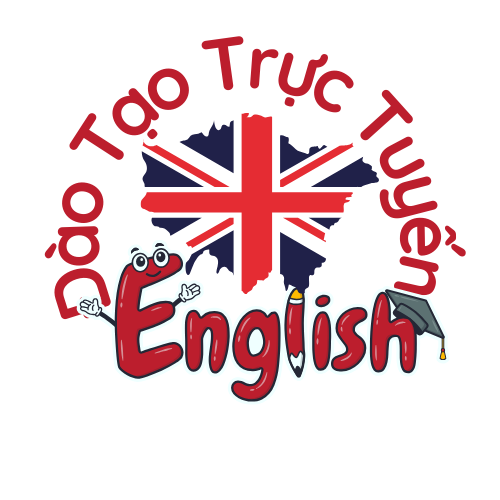The travel industry in 2025 stands at a turning point of innovation and accountability. As global tourism surges to pre-pandemic levels, travelers and industry stakeholders alike are maneuvering a landscape transformed by sustainability imperatives, cutting-edge technologies, and evolving traveler demands.
## Eco-Friendly and Environmentally Aware Travel
The imperative for sustainability has become a bedrock of modern travel. By 2025, the tourism sector is projected to generate 6.5 billion metric tons of carbon emissions, necessitating urgent action. Destinations like Costa Rica and Bhutan are pioneering this charge, with the latter maintaining its status as the world’s only carbon-negative country through rigorous tourism limits.
Restorative travel models, such as New Zealand’s Māori-led sustainable excursions, are acquiring momentum. These initiatives reflect a broader shift: 73% of travelers now prioritize brands with strong environmental policies.
## Personalization and Made-to-Order Journeys
Premium tourism in 2025 is synonymous with ultra-tailoring. Discerning travelers seek profound experiences adapted to their unique interests. Companies like LuxGroup emphasize “responsible opulence,” blending luxury with traditional engagement.
Artificial Intelligence is transforming trip planning, enabling adaptive schedules that respond to immediate interests. This trend corresponds to findings that 64% of luxury travelers prefer personalized offerings over generic options.
## Combating Overtourism Through Innovation
Overtourism remains a critical challenge, prompting travelers to seek “alternative locations” and non-peak period trips. Cities like Ljubljana are mitigating congestion through vehicle-restricted areas and cycling networks.
Authorities are intervening; Amsterdam and Majorca have enacted visitor caps and behavior guidelines to protect local ecosystems.
## Technology’s Role in Seamless Exploration
AI’s influence extends beyond personalization into operational efficiency. AI agents handle 24/7 customer inquiries, while data projections optimize flight schedules and hotel pricing. Digital simulations previews allow travelers to “test” destinations before booking.
Mobile platforms like Seven Corners streamline trip management, offering live information on weather, crowds, and transportation delays. Distributed ledger systems enhances clarity in carbon offset programs.
## Extended Visits and Local Integration
The era of rushed itineraries is fading. Luxury travelers are commonly opting for two-week stays to intensify cultural connections. Families are increasingly embracing “work trips,” blending remote work with extended stays.
## Event-Driven Travel and Novel Experiences
“Event hopping” has skyrocketed, with fans traveling worldwide for major events. Stargazing travel—exemplified by stargazing in Chile’s Atacama Desert—reflects growing interest in celestial phenomena.
## Wellbeing and Unplugged Retreats
Health-focused travel is evolving beyond relaxation resorts to encompass holistic healing. Unplugged getaways combine mindfulness with farm-fresh meals, aligning with a 95% rise in demand for wellness-focused itineraries.
## Financial Approaches and Cost-Sensitive Travel
Travelers are utilizing rewards systems and combined packages to optimize savings. Financial perks are being carefully utilized for premium services, reflecting a shift toward “strategic indulgence”.
## Summary
The travel landscape of 2025 is defined by its duality: a hunger for exploration moderated by moral responsibility. As destinations harmonize advancement with protection, stakeholders can ensure tourism remains a link—not a barrier—to a more integrated and ethical world.
